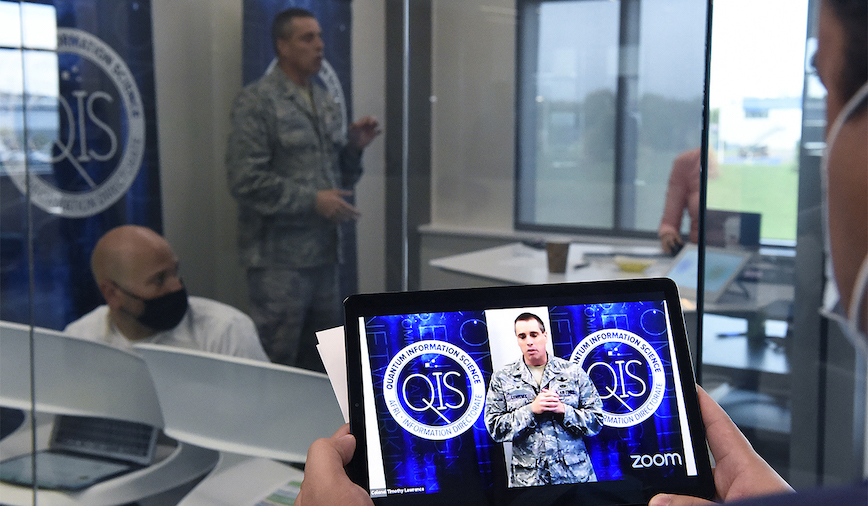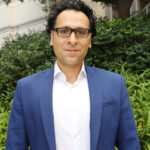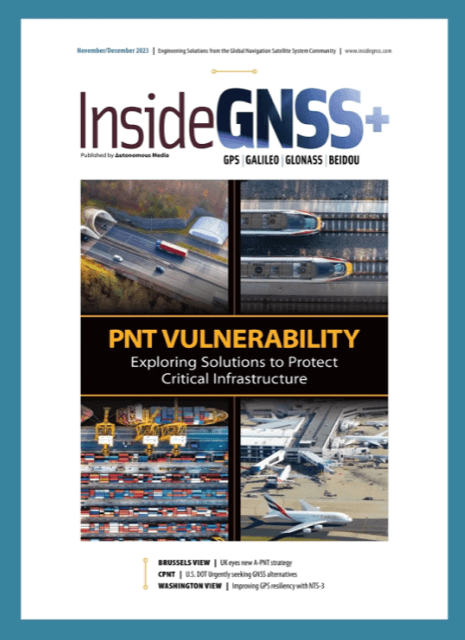The Air Force Research Laboratory’s Air Force Office of Scientific Research awarded 17 quantum information research science grants in late 2020, two of them with a focus on the use of quantum computing to overcome challenges in GPS-denied navigation. Quantum computing and quantum sensors use quantum bits or qubits to speed up computing processes to solve several operations simultaneously, going beyond the capabilities of current computers.
The two GPS-related grants in the Quantum U Tech Accelerator grant go to:
• Gurudev Dutt, University of Pittsburgh (United States): Memory-Enhanced Quantum Sensing for GPS-denied Navigation
• John Close, Australian National University (Australia): Quantum sensors for GPS-denied navigation
Award recipients are eligible to apply for a one-year seedling grant of approximately $75,000 each. Just over half the awards went to US-based researchers, nearly a third to those in Australia, and the balance to scientists in Switzerland. The awards were fast-tracked following a three-day virtual pitch competition held during the Million Dollar International Quantum U Tech Accelerator.
[Image above: Col. Timothy Lawrence, director of AFRL’s Information Directorate at Rome, N.Y., speaks during the virtual quick pitch event (AFRL photo).]
According to a statement on Gurudev Dutt’s bio page and the associated website of the Dutt Lab which he heads at the University of Pittsburgh, research there “focuses on the quantum control of condensed matter systems. Advances in material fabrication and nanotechnology have pushed modern electronic and optical devices to regimes where quantum properties of matter become important. A key feature of quantum physics is the quantum superposition principle. For a single particle, this permits the existence of a phase coherent quantum wavefunction; for two or more particles, quantum entangled wavefunctions exhibit non-classical correlations between the particles. Quantum coherence and entanglement are not only the cornerstone of modern physics, but also have become tools in the growing field of quantum information science and technology with which to realize new paradigms for secure communication, enhanced computation, and precision metrology.”
John Close’s bio page at the National University of Australia states “My main field of research focusses on harnessing the properties of quantum fields to advance quantum sensors and apply them to a range of novel questions in fundamental physics and interdisciplinary physics and engineering. I pursue research in experimental physics and theoretical physics (strongly motivated by experiment) and I have broad collaborations with Earth Science, Biology and Industry. Questions I am currently pursuing include quantum sensors for space based application, microfabricated quantum sensors, inverse problems and mapping exploiting data from quantum magnetometry and quantum gravimetry including the application of quantum sensors to the mapping of restricted archeological sites, mapping of volcanoes, mapping of aquifers and mapping of mineral and ore deposits, quantum wavelet representations, visual reality and the representation of information in higher dimensional spaces, motion simulation with flight and motion simulators, quantum sensing with biological applications.”
The Innovare Advancement Center, at Rome, New York, hosted the virtual Million Dollar International Quantum U Tech Accelerator event from Sept. 1-3, 2020, with funding provided by AFRL’s Information Directorate, AFOSR, the Office of Naval Research, and additional support provided by the Griffiss Institute, New York State Technology Enterprise Corporation, and SUNY Research Foundation. This was a multi-layered collaborative effort with the common goal of accelerating quantum innovation for the U.S. military and coalition partners.






